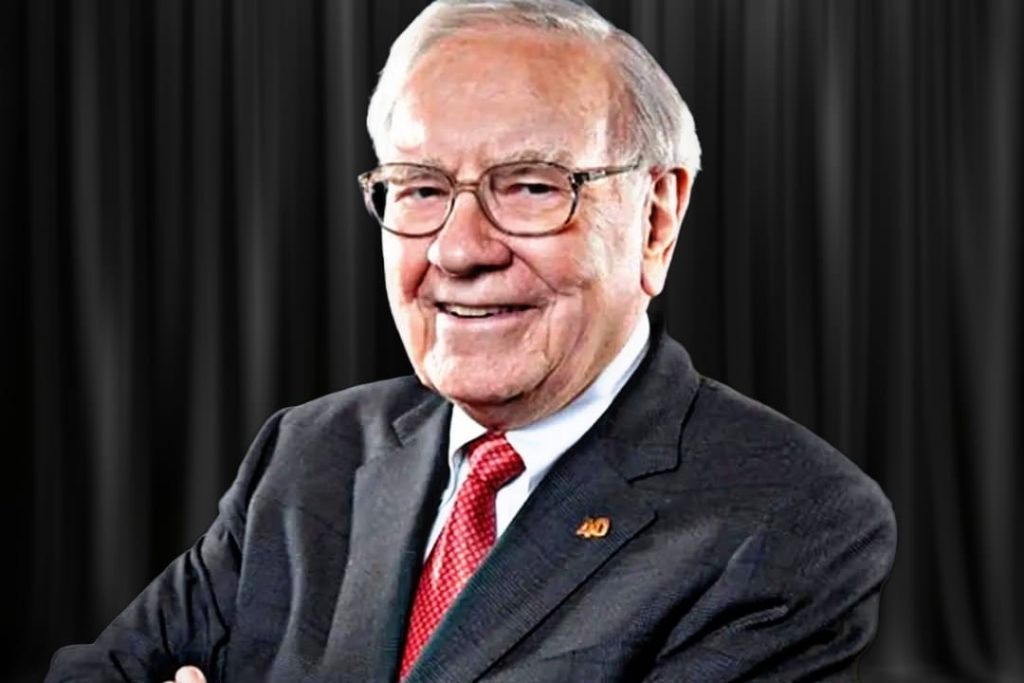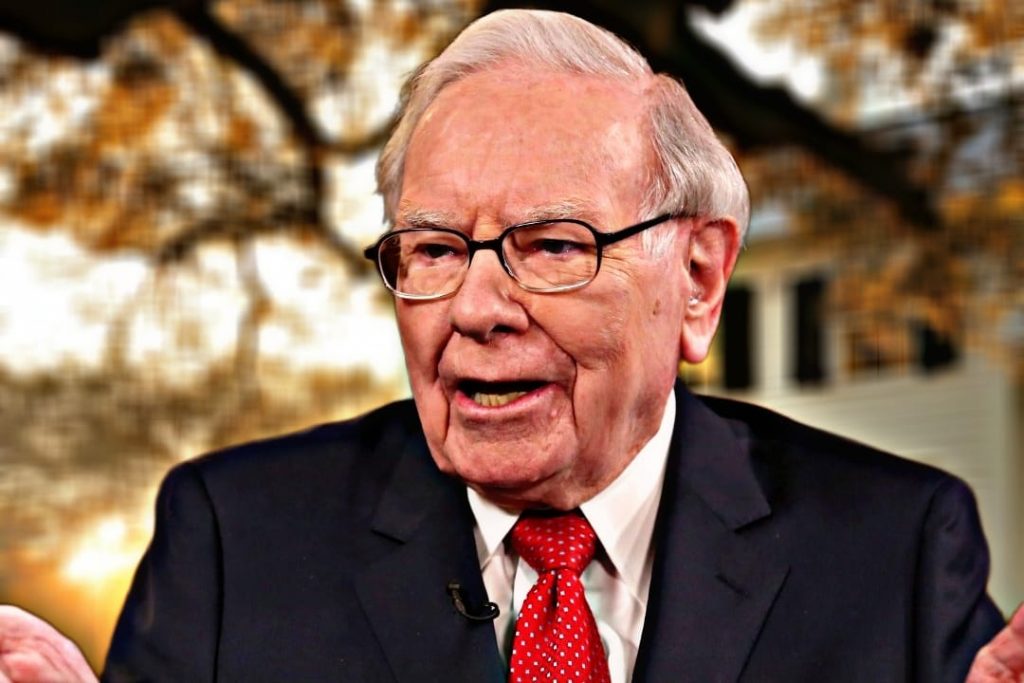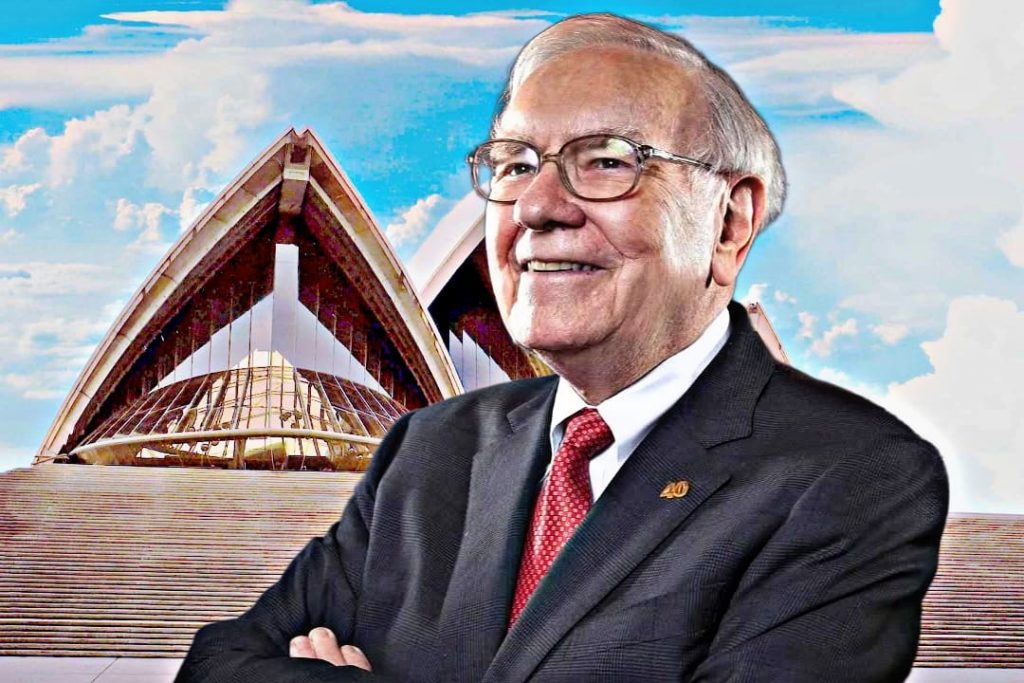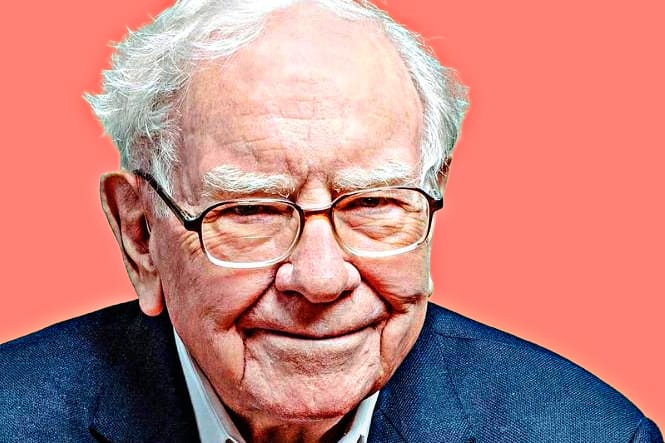Warren Buffett portfolio, widely regarded as one of the most successful investors of all time, has built a fortune by adhering to a disciplined, long-term approach to investing. As the Chairman and CEO of Berkshire Hathaway, Buffett has carefully constructed a portfolio of stocks, businesses, and investments that reflects his unique investment philosophy. Over the years, his portfolio has grown into one of the most valuable and influential collections of assets globally, with holdings in diverse sectors, including finance, consumer goods, energy, and technology.
Buffett’s investment strategy is a perfect blend of value investing, capital allocation, and a focus on business fundamentals. His approach emphasizes long-term growth, patience, and choosing companies with sustainable competitive advantages—referred to as having an “economic moat.” In this article, we will explore Warren Buffett portfolio in-depth, focusing on his most notable investments, the principles behind his decision-making, and how his approach has made him a market legend.
Warren Buffet Investment Philosophy: The Bedrock of His Portfolio

Before diving into Warren Buffett portfolio, it’s essential to understand the principles that guide his investment decisions. Warren Buffett, a disciple of Benjamin Graham, the father of value investing, believes in buying stocks that are undervalued relative to their intrinsic value. He looks for businesses with predictable earnings, strong cash flow, and a durable competitive advantage that can maintain and grow over time.
Key components of Warren Buffett portfolio investment philosophy include:
- Value Investing: Buffett follows the teachings of Benjamin Graham, focusing on undervalued stocks with a significant margin of safety. His goal is to purchase companies at a price lower than their intrinsic value, offering protection from market volatility.
- Intrinsic Value and Margin of Safety: Buffett calculates the intrinsic value of a business based on its future earnings potential, assessing if a stock is undervalued compared to its true worth. He ensures a margin of safety by purchasing companies at a significant discount.
- Long-Term Focus: Buffett prefers investments that he can hold indefinitely, allowing the business to compound wealth over time. His motto, “Our favorite holding period is forever,” encapsulates this long-term investment approach.
- Quality Businesses: Instead of focusing on stocks in various industries, Buffett invests in businesses with a sustainable competitive edge, or what he calls an economic moat. These companies often have strong brand recognition, low-cost advantages, or superior technology that give them an edge over competitors.
- Management Integrity: Buffett emphasizes the importance of management in his investment decisions. He seeks out companies run by honest, capable, and ethical managers who have a long-term vision.
These principles guide Buffett’s choices in selecting companies for the Warren Buffett Portfolio, ensuring each investment has a solid foundation and the potential for enduring success.
Key Holdings in Warren Buffett Portfolio

Warren Buffett portfolio consists of a mix of publicly traded stocks and private companies, with a heavy emphasis on high-quality, well-established businesses. While the portfolio has evolved over the years, with some holdings sold and new ones added, certain core investments have remained part of the portfolio for decades. Let’s take a closer look at some of the most notable and influential companies in Warren Buffett portfolio.
1. Apple Inc. (AAPL)
Arguably one of the most important and profitable investments in Berkshire Hathaway’s history, Apple Inc. is now the largest holding in Buffett’s portfolio by market value. Buffett initially purchased Apple stock in 2016, despite his long-standing reluctance to invest in technology companies. However, after meeting with Apple CEO Tim Cook and recognizing the company’s strong brand, loyal customer base, and consistent earnings, Buffett changed his stance.
As of 2023, Apple makes up a significant portion of Berkshire Hathaway’s total portfolio, valued at hundreds of billions of dollars. The investment has paid off handsomely, with Apple’s stock appreciating dramatically over the years. Buffett has praised Apple for its robust cash flow, strong brand, and the incredible loyalty of its customers, all of which contribute to the company’s economic moat.
Buffett’s decision to invest in Apple also aligns with his focus on businesses with predictable earnings and cash flows. Apple’s iPhone ecosystem, along with its services division (App Store, iCloud, etc.), provides the company with consistent revenue streams, making it an ideal investment for Buffett’s long-term strategy.
2. Coca-Cola (KO)
One of the earliest and most iconic investments in Warren Buffett’s portfolio, Coca-Cola has been a cornerstone of Berkshire Hathaway since 1988. Buffett saw value in Coca-Cola’s global brand, its pricing power, and its ability to generate consistent cash flows even in economic downturns. Over the years, Coca-Cola has delivered significant returns for Berkshire, and it continues to be one of its largest holdings.
Coca-Cola’s business model, which is based on low capital expenditures and high returns on capital, fits perfectly with Buffett’s preference for businesses with predictable earnings. Additionally, the strong brand recognition and global reach of Coca-Cola create a competitive advantage that makes it resilient in the face of competition.
Buffett has often spoken about his admiration for Coca-Cola’s ability to maintain its position as a leading global brand for more than a century. His long-term investment approach and focus on high-quality companies with strong fundamentals made Coca-Cola an ideal fit for Berkshire Hathaway.
3. GEICO (Government Employees Insurance Company)
Another cornerstone investment in Buffett’s portfolio, GEICO has been part of Berkshire Hathaway since 1996. GEICO is one of the largest auto insurance companies in the United States and has been a major contributor to Berkshire’s earnings. Buffett first recognized the potential of GEICO in the 1970s when it was a small, underappreciated company. Over the years, he has increased Berkshire Hathaway’s stake in GEICO, eventually acquiring it outright.
What makes GEICO such an attractive investment for Buffett is its unique business model, which focuses on offering low-cost insurance through direct-to-consumer channels. This gives GEICO a significant competitive advantage over traditional insurance companies. Additionally, GEICO’s profitability is highly predictable, as insurance companies rely on long-term policyholder relationships and steady revenue streams from premiums.
GEICO’s consistent profitability and low capital requirements have made it one of Buffett’s favorite holdings, and it continues to be a key contributor to Berkshire Hathaway’s overall value.
4. American Express (AXP)
Buffett has been a long-time investor in American Express, first purchasing shares in the 1960s. He saw value in the company’s strong brand and its dominant position in the financial services industry. American Express is known for its high-quality customer base and its ability to generate revenue through its credit card and financial services products.
What sets American Express apart from other financial services companies is its focus on premium customers, which has allowed it to maintain high margins and profitable growth. The company’s economic moat lies in its strong brand and the loyalty of its customers, who tend to use its credit cards more frequently than those of competitors.
Buffett’s investment in American Express is a classic example of his focus on companies with predictable earnings and strong brand power. American Express remains one of the largest positions in Berkshire Hathaway’s portfolio and continues to deliver solid returns.
5. BNSF Railway
One of Buffett’s most significant acquisitions was the purchase of BNSF Railway, one of the largest freight railroad networks in North America. In 2009, Berkshire Hathaway acquired BNSF for $34 billion, making it one of the largest acquisitions in the company’s history. The purchase was a bold bet on the future of rail transportation, and it has proven to be a wise decision.
Buffett has long been a fan of railroads, which he believes are essential to the U.S. economy and offer a stable, long-term investment opportunity. Railroads have low capital requirements and provide steady cash flows, which aligns with Buffett’s focus on businesses that generate consistent returns over time.
BNSF Railway also has a strong economic moat due to its network infrastructure and its essential role in moving goods across the country. As global trade continues to grow, BNSF’s role in transporting commodities, industrial products, and consumer goods positions it for long-term success.
6. Kraft Heinz (KHC)
Another notable investment in Buffett’s portfolio is Kraft Heinz, which is a product of the merger between Kraft and Heinz in 2015. Berkshire Hathaway, along with 3G Capital, played a pivotal role in orchestrating the merger. While the investment in Kraft Heinz has been a bit more controversial in recent years due to challenges in the consumer goods industry, it remains a significant holding in Buffett’s portfolio.
Kraft Heinz is home to several iconic brands, including Heinz ketchup, Oscar Mayer, and Jell-O. These brands have a strong presence in consumers’ minds and benefit from high brand loyalty. However, the company has faced difficulties in adapting to changing consumer preferences and competition from newer, more innovative food companies.
Despite these challenges, Kraft Heinz is an example of Buffett’s approach to investing in businesses with strong brand power and solid market positions. He believes that over the long term, Kraft Heinz’s brands will continue to hold their value and remain competitive in the global food industry.
7. Moody’s Corporation (MCO)
Warren Buffett has also invested heavily in Moody’s Corporation, the credit rating agency. Buffett has praised Moody’s for its dominant position in the global credit rating industry and its ability to generate consistent revenue from its ratings services. The company’s economic moat is rooted in its reputation and the high barriers to entry in the credit ratings business.
Moody’s is a relatively low-risk investment for Buffett, as its business is closely tied to the performance of the global economy. The company generates revenue through its credit ratings and research services, which are in high demand from investors, banks, and corporations.
Buffett’s investment in Moody’s is an example of his preference for companies with predictable earnings and an established market position.
How Warren Buffett Portfolio Reflects His Investment Philosophy

Warren Buffett portfolio is a living testament to his investment philosophy of value investing, patience, and a focus on long-term growth. His holdings reflect his commitment to choosing companies that have strong economic moats, reliable cash flows, and ethical management teams. Buffett’s ability to identify businesses with these qualities has allowed him to build a portfolio that has consistently outperformed the market over time.
Moreover, Warren Buffett portfolio illustrates his discipline in avoiding speculation and focusing on businesses that are resilient enough to thrive in any market condition. By sticking to his principles and making calculated, well-researched decisions, Buffett has created one of the most successful portfolios in history.
Conclusion: The Enduring Power of Warren Buffett portfolio
Warren Buffett portfolio is a blend of timeless investment wisdom and modern-day opportunities. Through his acquisitions, Buffett has demonstrated an unwavering commitment to investing in high-quality businesses with strong fundamentals and a clear path to long-term growth. Whether it’s the consumer strength of Coca-Cola, the technological innovation of Apple, or the economic dominance of GEICO, each of Warren Buffett portfolio companies shares a common trait: they represent the best of what the market has to offer in terms of stable, predictable, and growing businesses.
As long as Berkshire Hathaway continues to hold these businesses, Buffett’s investment portfolio will remain a model for investors around the world, showing that patience, discipline, and a deep understanding of business fundamentals are the keys to success in the world of investing.

